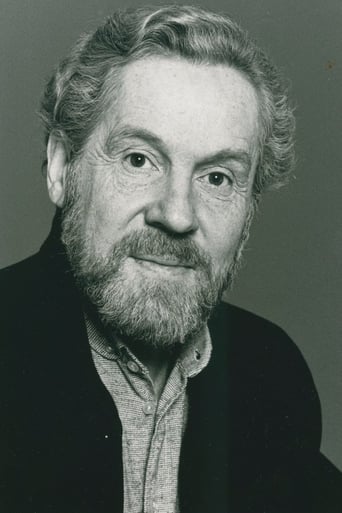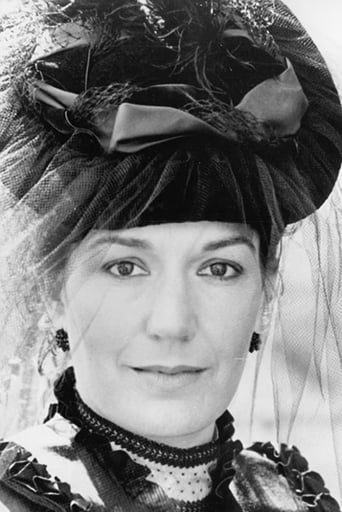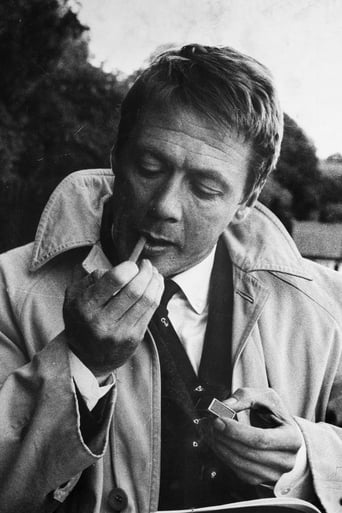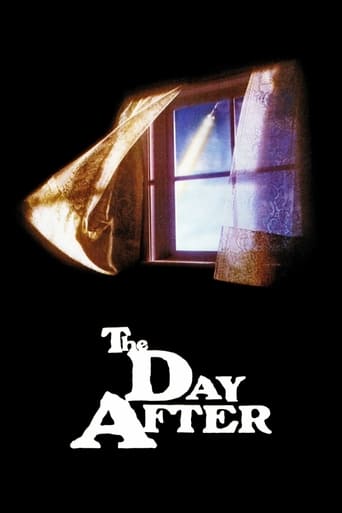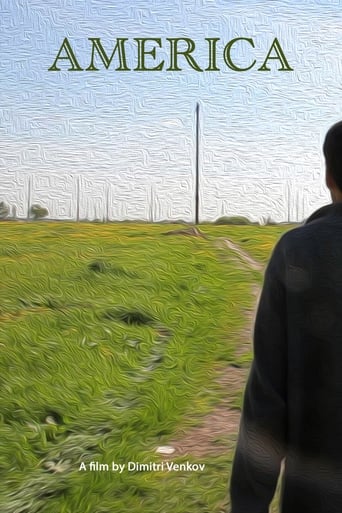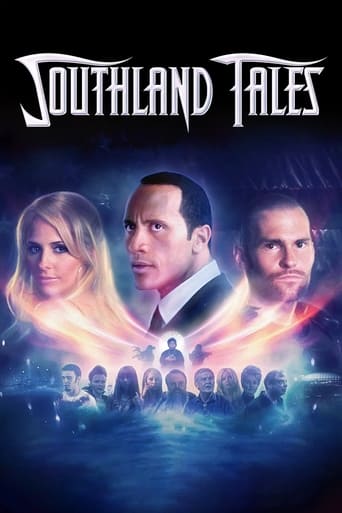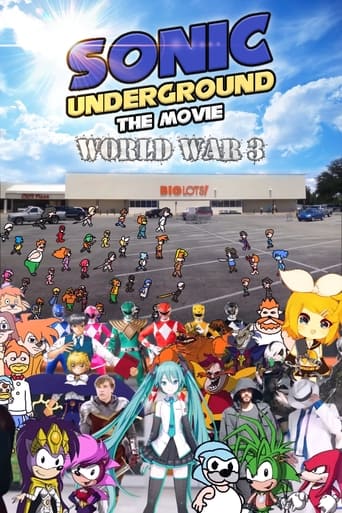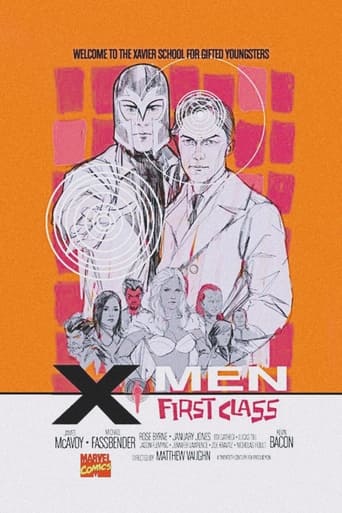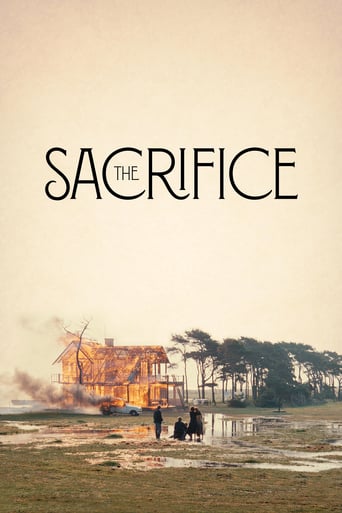
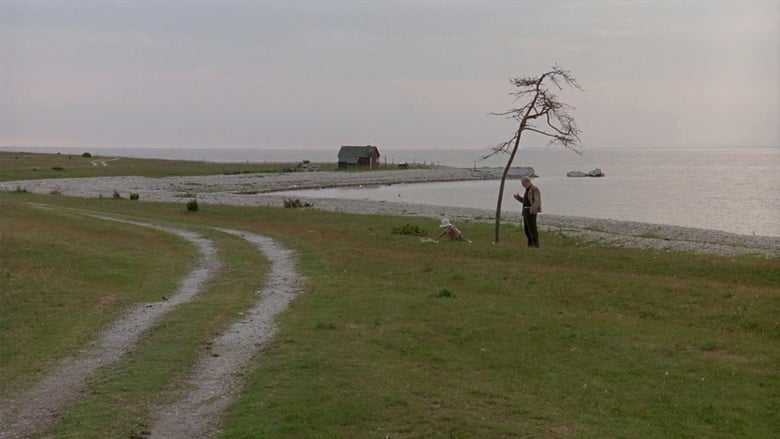
The Sacrifice (1986)
Alexander, a journalist, philosopher and retired actor, celebrates a birthday with friends and family when it is announced that nuclear war has begun.
Watch Trailer
Cast
Similar titles
Reviews
it is finally so absorbing because it plays like a lyrical road odyssey that’s also a detective story.
This story has more twists and turns than a second-rate soap opera.
There is, somehow, an interesting story here, as well as some good acting. There are also some good scenes
An old-fashioned movie made with new-fashioned finesse.
At the dawn of World War III, a man (Bergman regular Erland Josephson) searches for a way to restore peace to the world and finds he must give something in return."The Sacrifice" was Tarkovsky's third film as a Soviet expatriate, after "Nostalghia" and the documentary "Voyage in Time", and was also his last, as he died shortly after its completion. Though his best-loved films were done in Russia, he clearly adapted well to Sweden, as films like "Sacrifice" are still powerful epics. He sort of entered the world of Ingmar Bergman by casting Josephson, using cinematographer Sven Nykvist, and even hiring son Daniel Bergman for the crew.Over the years, the film has grown in stature. In 1995, the Vatican compiled a list of 45 'great films', separated into the categories of "Religion", "Values", and "Art", to recognize the centennial of cinema. "The Sacrifice" was included under the first category, as well as Tarkovsky's "Andrei Rublev". This has helped "Sacrifice" reach more viewers who may know Tarkovsky for films like "Stalker".
While not quite his best film(Andrei Rublev), The Sacrifice, like every film Andrei Tarkovsky did, still manages to be a wonderful film. Like other Tarkovsky films, particularly Solaris, it requires a lot of patience- like Solaris The Sacrifice has a rather ponderous and static first 30 minutes that might alienate viewers- but if stuck with it is very rewarding.Tarkovsky's films are some of the most visually accomplished and beautiful films ever seen, and The Sacrifice certainly is visually accomplished and beautiful with positively dream-like photography, evocative scenery that reflects the horror of nuclear war brilliantly and stirring images and symbolism that are not too hard to understand. That's unsurprising though considering it's from Sven Nykvist, an Ingmar Bergman regular and one of the greatest cinematographers who ever lived. Tarkovsky's direction, which always had a rare consistency in quality(to me he never made a bad film- one of the few directors for that to be the case- even my least favourite Ivan's Childhood is great as well as his most accessible), is as usual exemplary. There is a vast Bergman influence here in terms of themes, but there is enough of Tarkovsky's style to still make it feel still like a Tarkovsky film.The music is haunting and melancholic, like with Mirror Bach has never been more effectively used on film, and the script evokes a lot of thought and succeeds in giving dimension to the characters. The story is more rigid and uncomprisingly detached than Tarkovsky's other films, but while the film is deliberately slow and long there still is a lot of power and emotional impact, especially in the truly miraculous scene with the witch and the powerful epilogue. The acting suits the film very well indeed with Bergman regular Erland Josephsen giving a compelling performance in the multi-faceted lead role. Overall, not his best film, for me it ranks around the middle of his filmography, but Tarkovsky's final film(he probably would have done more films had he not died so young) hits a high note. 9/10 Bethany Cox
Tarkovsky's last film is one of those perfect last film, a last testament. Tarkovsky heard he had cancer when he was editing the film. Still, he had been sick for some time so who knows how fear of death influenced his script and filming or what he knew unconsciously?It was made in Sweden. Tarkovsky was a refugee, missing his home country, his life there and especially his young son. Tarkovsky borrows many of Bergman's collaborators, including Sven Nykvist on camera and Erland Josephson as Alexander, the protagonist. Alexander is really Tarkovsky's mouthpiece. He has the same religious and political views and the same taste in art. Sacrifice is in fact not very Swedish at all. It is a Russian film through and through, with very Russian characters speaking Swedish. Tarkovsky even filmed it in Gotland because it looked like Russia. The whole film is very personal. The little boy is like his own son who he missed terribly. The wife in the film is just like his own wife in Russia and the story about how they found the house is in fact how he found his house in Russia (and the house in the film looks like the that house).The original idea for the film is found in a script he wrote and called The Witch. In it a man dying of a cancer has sex with a witch and is cured. He leaves all his riches, family and friends and follows the witch into poverty. While Tarkovsky was filming Nostalghia he got the idea of adding an apocalyptic scene to it, an all out nuclear war. While keeping the witch in the script he added a deal with God also, which has confused many viewers. I personally don't get the confusion. It can be read in at least three ways. One that he is a desperate man who makes deal with anyone willing to make it, to safe mankind and his family. Or that he makes a deal with God to safe mankind and the witch to safe his family. And there does not have to be a crash between the witch and God. Looking at her home we see that she is quite religious. She might be called a witch but she is more of a holy fool. Otto, the post man is another and Alexander turns into the third one in the end of the film, creating a holy trinity of holy fools in the film.Then there is the whole question of what really happens in the film. Is there a nuclear war, is there any deal with God, does he really go to the witch? What is reality, what is hallucinations and what are dreams? It is hard to say. We get hints, like turning off the music and so on but even they don't work. Tarkovsky deliberately makes it impossible to determine what is real and what is a dream. He said that he wanted it that way. People would have to make up their own mind about those things.I honestly think Tarkovsky would have been most pleased if we did not make up our mind. If we just lived in the mystery, the uncertainty, the dreamlike state of none logic. These things happen and they don't happen at the same time. We have to believe and not believe. Life is full of those moments. We don't know what would have happened if we acted differently, took a different path in life, even what happens at times in our life. Life is uncertainty and it is very modern to try to kill that. In fact this love of cold rationality is killing the world, creating atom bombs that can wipe out all life on earth.Tarkovsky's answer to this cold rational anti human spirit of modernity is mysticism, art and faith. This is crystallized brilliantly in the end when Alexander wakes up. It looks like God has answered his prayer or was it the witch? Or was it all a dream? He can't be sure and he can't find out. If God has moved time back to yesterday then no one but he remembers what will happen. The telephone calls hints at that. Alexander has only one possible action in front of him. To keep his promise, no matter if it was a dream or not, if God did something or not. Otherwise God might make all of it happen again and he is for sure not going to get another chance to stop the horror. So without knowing if this was a dream Alexander burns down his house and takes a vow of silence. In the beginning was the world, in the end is the silence. And here we come back to how personal this film was. Tarkovsky had in fact sacrificed his house and his life in the Soviet Unions for his art, and he honestly hoped that art and his sacrifice could change the world.This uncertainty is also reflected in the last shot of the tree. For a moment the dead tree looks alive. The hope here is in the next generation that waters this tree of life (I call it tree of life because Tarkovsky had previously shown us the tree of life in a painting, obviously to help us make the connection). Tree of life stands for hope eternal. It was one of the two trees in the Garden of Eden Adam and Eve could not eat off. They are kicked out in fear that they will also eat of it (and become like God) and it is only promised to mankind at the end of time. In Christianity Jesus Christ is often seen as the tree of life. So what we get in the end is a hope for mankind in the from of a tree which stands for mysticism, art and faith - a hope kept alive with every new generation.
Exiled from his native Russia, Andrei Tarkovsky shot his final film, The Sacrifice, on Faro Island, where Ingmar Bergman produced his body of work (and also lived). Tarkovsky also used Bergman's cinematographer, Sven Nykvist. He was also aware that this would be his ultimate film, as he had been diagnosed with terminal cancer. Unfortunately, whilst he survived till the release of the film, he died shortly afterwards, in the same year. The subject of his concluding piece is telling of his knowledge of his impending departure from the world, and it is fitting and profound, as you might expect from the Russian master of the poetic, and aesthetic.Alexander (played by Erland Josephson - a Bergman regular, who also worked on Tarkovsky's 1983 Nostalgia), has a birthday, where some family and close island friend, Otto (Allan Edwall), come to offer their congratulations. They here on a statically-interrupted television broadcast. that a nuclear strike is imminent. With this news the family break down emotionally, and Alexander pleads to God to alter this reality, and offers himself in sacrifice to the ones he loves. This offering is seen to its fundamental conclusion when he wakes (possibly from a dream), and all is as it was, the threat of World War III seemingly never a subject of genuine certainty. Towards the climax of this film, is a one-shot take lasting several minutes, whose logistics are incredible, but Tarkovsky still manages to infuse the scene with some kind of mystical power, that I believe permeates all of his films.As you would expect from a Tarkovsky film, the pace is slow (which gives the audience time to immerse themselves within the intricacies of philosophical thought, and the profound nature of the situation). But with this comes a flurry of beautiful imagery. The muted colours reflect the setting, with its cold, and subdued backdrop. And what is it that we do when we face death - a difficult moment to comprehend? We perhaps reflect on our achievements, and speak to our friends and family. And perhaps when we die, our spirit lives on in others, or new beings. Or maybe we simply continue in the minds and spirits of our offspring, passing on knowledge, character, and morality.www.the-wrath-of-blog.blogspot.com
